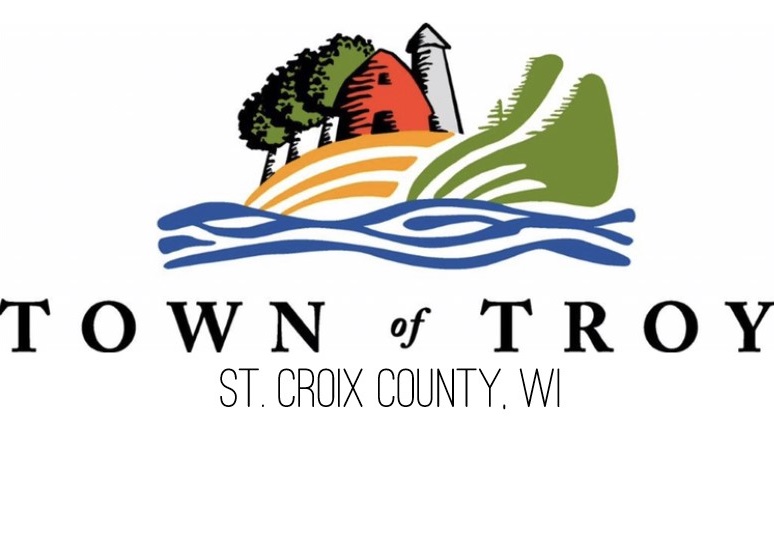Lottery and Gaming Tax Credit
The lottery and gaming credit originated as part of 1987 Wisconsin Act 119. Funding for the tax
credit varies based on Wisconsin Lottery sales and available net lottery proceeds. The first
payment occurred in the 1991-92 property tax year. The credit provides direct property tax relief
to homeowners as a credit on their property tax bills.
Background
In April 1987, Wisconsin voters approved a state constitutional amendment authorizing the
Legislature to create a state-operated lottery. The lottery’s net proceeds were to be used for
property tax relief. Wisconsin enacted the law creating the lottery in November 1987, and the
first lottery sales occurred in September 1988.
Net lottery proceeds were initially used to fund a Farmland Tax Relief Credit, partially fund
school equalization aids, and fund district attorney salaries. In May 1991, a Dane County Circuit
Court decision held that supplementing school aids was not property tax relief. In response to
the court decision, the law was changed in August 1991.
Under the revised law, for the 1991-92 to 1995-96 property tax years, a lottery credit was paid
on a property owner’s primary residence. In October 1996, a Dane County Circuit Court decision
held that the credit violated the state’s uniformity in taxation clause (Article VIII, Section 1) and
prohibited a credit distribution for the 1996-97 property tax year. The Legislature extended the
lottery credit for the 1997-98 and 1998-99 property tax years to all property owners.
In April 1999, Wisconsin voters approved a state constitutional amendment exempting the
distribution of net lottery funds from the uniformity in taxation clause. The exemption from the
uniformity clause permitted the credit to be paid only to resident homeowners. The Legislature
enacted provisions limiting the lottery credit to primary residences beginning with the 1999-00
property tax year.
